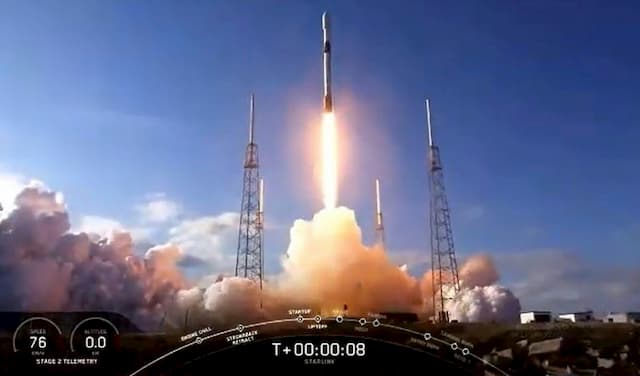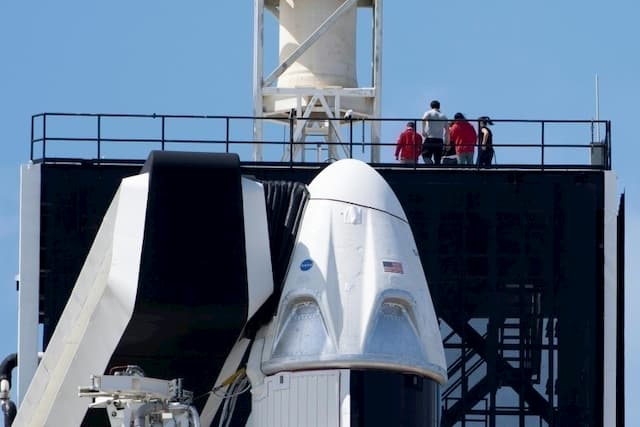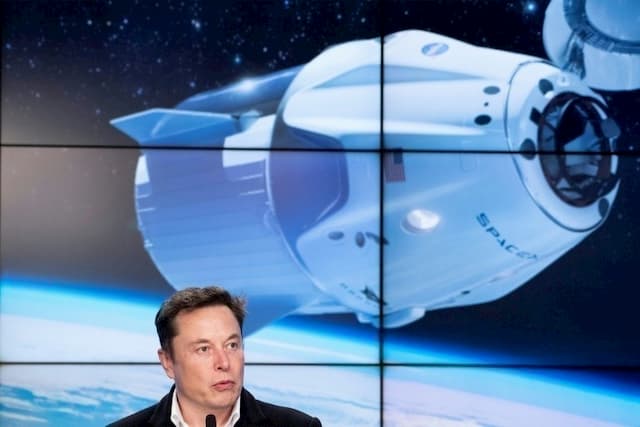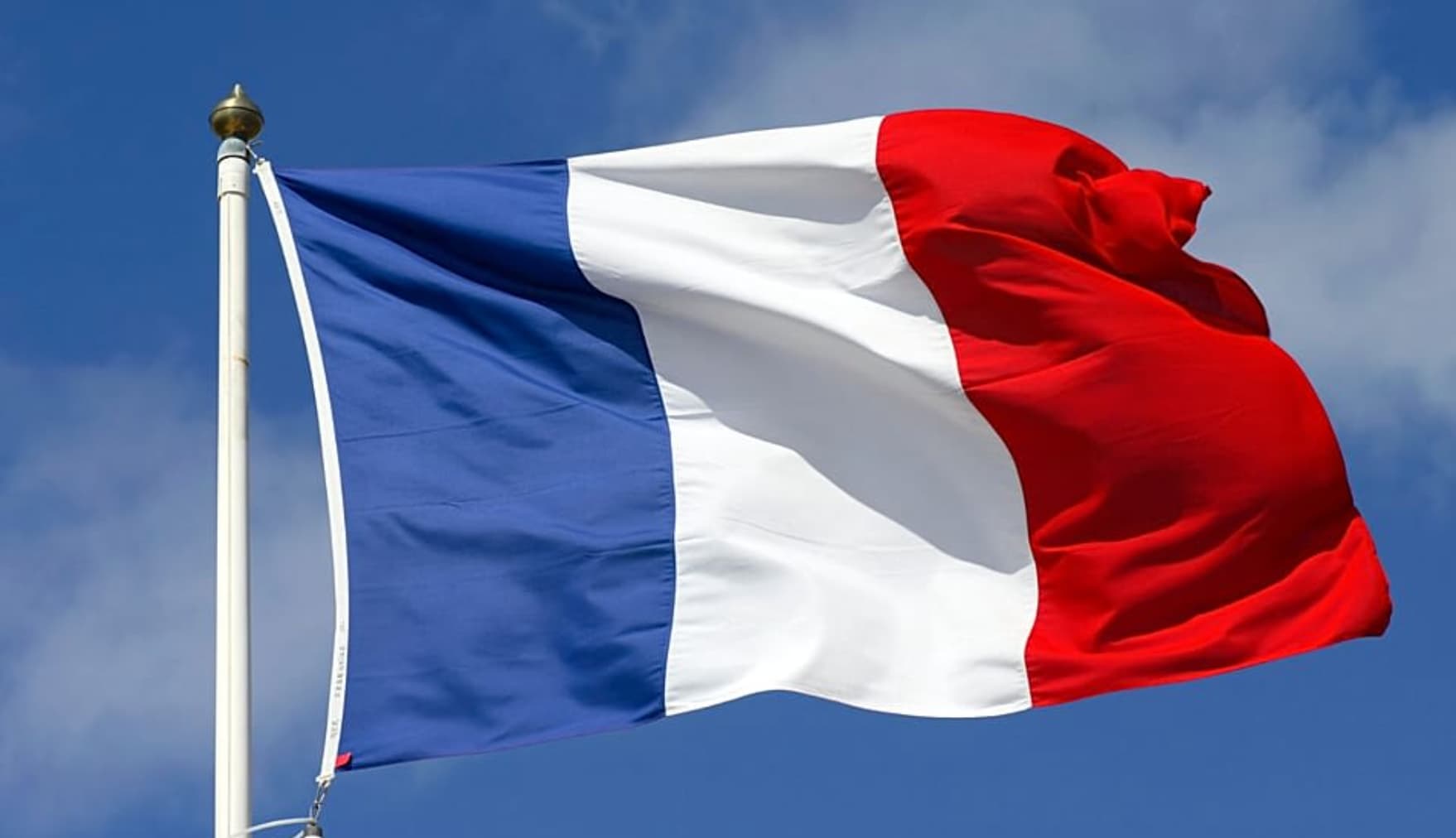SpaceX to Send Tourists to International Space Station

From 2021, lucky people, for the sum of several tens of millions of euros, will be able to make a space flight. It hasn’t happened since 2009.
The American space company SpaceX announced Thursday 5th March 2020 a partnership intended to send next year three tourists to the International Space Station (ISS). Which has not been done for over ten years?
Building the International Space Station’s successor.
Booking a Crew Dragon mission with @SpaceX for our first flight – the first fully private flight to ISS in history.
This is the commercialization of Low Earth Orbit.https://t.co/QKPlkdfLGz pic.twitter.com/DZEUXFMJy6
— Axiom Space (@Axiom_Space) March 5, 2020
Elon Musk’s company has signed an agreement with Axiom Space to give it seats on board its Crew Dragon capsule.
A tens of millions of dollars bill
Scheduled for the second half of 2021, this trip “will mark a turning point in the universalization of access to space”, welcomed the boss of Axiom Space, Michael Suffredini, without revealing the price.
Each launch of its Falcon 9 rocket costs Space X about $ 60 million. Adding the cost of building the capsule, we can estimate that the ticket for the ISS will amount to several tens of millions of dollars.

Eight tourists have already done so
Eight space tourists have already made a trip to the international station in the Russian Soyuz rockets.
The first was Dennis Tito, who paid $ 20 million in 2001 for an eight-day stay at the ISS. The most recent was the founder of Cirque du Soleil, Guy Laliberté, in 2009.
SpaceX had announced in February another partnership, with the company Space Adventures, to send four tourists in orbit to an altitude never before reached by a private flight.
This mission is also scheduled for the end of 2021, but should probably not take place until 2022.
Other companies offer (almost) space travel
Virgin Galactic (Richard Branson) and Blue Origin (Jeff Bezos) are also involved in space tourism.
They are currently developing vessels capable of sending private passengers, for a few minutes, just over the border of space (80 or 100 km depending on the definitions chosen by each company), for 250,000 dollars or more in the case of Virgin.
What SpaceX offers is much more ambitious with its reusable Falcon 9 rocket, the same one that sends satellites into space and will send astronauts to the ISS.
Boeing is also developing a vehicle, Nasa, Starliner, to join the ISS. Boeing wants private passengers to travel there in the future, but the development of Starliner is hampered by major software problems that almost caused its loss during an unmanned test mission in December.

Enjoyed this? Get the week’s top France stories
One email every Sunday. Unsubscribe anytime.


